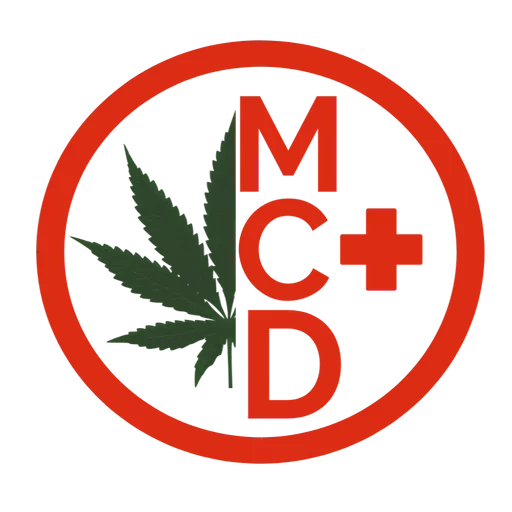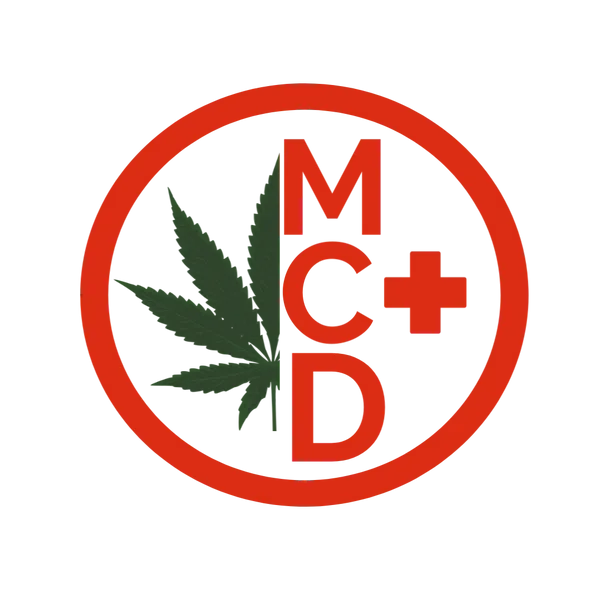Traumatic brain injury (TBI) is a brain injury caused by a sudden blow or jolt to the head or body. It can also be caused by a penetrating injury, such as a gunshot wound. TBI can cause a wide range of symptoms, from mild to severe, and can lead to long-term problems with thinking, memory, and behavior.
Traumatic brain injury (TBI) is a brain injury caused by a sudden blow or jolt to the head or body. It can also be caused by a penetrating injury, such as a gunshot wound. TBI can cause a wide range of symptoms, from mild to severe, and can lead to long-term problems with thinking, memory, and behavior.
The most common symptoms of TBI are:
- Headache
- Nausea and vomiting
- Dizziness
- Confusion
- Memory problems
- Difficulty concentrating
- Sleep problems
- Changes in mood or behavior
- Seizures
- Vision problems
- Hearing problems
- Speech problems
- Weakness or paralysis
- Problems with balance
- Sensory changes
Some people with TBI have no symptoms at all, while others may have severe symptoms that last for a long time. The severity of the injury depends on the force of the impact, the location of the injury, and the person’s overall health.
TBI can be caused by a variety of things, including:
- Car accidents
- Sports injuries
- Falls
- Violent assaults
- Gunshot wounds
- Blunt force trauma
- Explosive blasts
There is no one-size-fits-all treatment for TBI. The treatment will depend on the severity of the injury and the person’s individual needs. Some people may need surgery to relieve pressure on the brain or to repair damage. Others may need medication to control pain, seizures, or other symptoms. Many people with TBI will need physical therapy and occupational therapy to help them regain their strength, coordination, and independence.
The prognosis for people with TBI varies depending on the severity of the injury. Some people make a full recovery, while others may have long-term problems with thinking, memory, and behavior. There is no way to know for sure how someone will recover from TBI.
If you think you or someone you know has suffered a TBI, it is important to seek medical attention immediately. Early treatment can help to improve the outcome of the injury.
Medical Cannabis and TBI
One treatment option that is gaining popularity is medical cannabis. Medical cannabis is a term for products that contain cannabis and are used to treat medical conditions. Cannabis is a plant that contains more than 100 different cannabinoids, which are chemicals that interact with the body’s endocannabinoid system. The endocannabinoid system is a network of receptors that are involved in a variety of functions, including pain, mood, appetite, and movement.
There is some evidence that medical cannabis may be helpful for people with TBI. Some studies have shown that medical cannabis may be helpful for reducing pain, spasticity, and nausea. Medical cannabis may also be helpful for improving sleep quality, mood, and cognitive function.
A 2018 study published in the journal “The American Journal of Medicine” found that medical cannabis was effective in reducing pain and improving quality of life in people with TBI. The study found that people who took medical cannabis had a significant reduction in their pain levels, as well as an improvement in their sleep quality, mood, and overall quality of life.
Another study, published in the journal “Neuropsychopharmacology” in 2019, found that medical cannabis was effective in reducing spasticity in people with TBI. The study found that people who took medical cannabis had a significant reduction in their spasticity levels, as well as an improvement in their range of motion and ability to perform activities of daily living.
It is important to note that more research is needed to confirm the effectiveness of medical cannabis for TBI. However, the available evidence suggests that medical cannabis may be a safe and effective treatment for people with this condition.
If you are considering using medical cannabis for TBI, it is important to talk to your doctor. Your doctor can help you determine if medical cannabis is right for you and can help you find a safe and effective dosage.
Legal Disclaimer : Medical Cannabis Doctors does not provide medical services or medical advice. This information is for awareness purposes only and is NOT medical advice. Do not self diagnose or prescribe any forms of treatments based on this information or the information on this site. Always consult with a licensed physician in your state for any medical advice, treatments, prescriptions and medical services.
Get insight to all things about cannabis
Whether you’ve got a question about our services, basic information about cannabis or something else entirely, please contact us and we are here to help. We will help you discover the benefits of cannabis and guide your cannabis journey.


